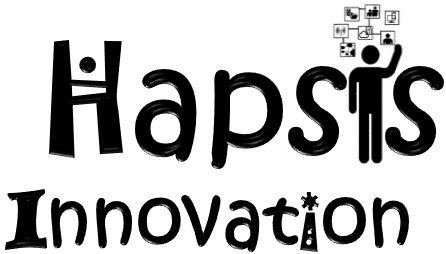Creativity can help you challenge conventional thinking and explore previously unimagined possibilities – develop new products and services, find new ways of doing things
Creativity is often associated with arts, and most people are creative when they are young – most of us were in a school play or drew pictures as children. However, translating our creativity into “useful” application later in life can be difficult, we are conditioned by our schooling and work environments to move towards less creative modes.
However, think of creativity as ideas and we realise they are all around us. Most people have ideas, but often it isn’t so easy to turn them into realities. There are always many reasons why not to do something! But the process of creating the ideas in the first place is an important one to nurture and develop alongside the aspects of innovation that are more concerned with the application and realisation of new ideas.
Some individuals will be naturally more creative than others, there are personality traits involving originality and the ability to link together disparate concepts into new ideas. However, creativity is a process involving multiple different skills. Organisations that put efforts into idea generation and managing creativity can become creative organisations, ones that develop new products and services, that are exciting and rewarding places to work.
Key topics include
- Thinking skills – lateral thinking and thinking “out of the box”
- Idea generation, inspiration, stimulation and sources of ideas
- Identifying and developing creative individuals
- Understanding the risks of creativity
- Developing a ‘safe’ climate where ideas are encouraged
Read more about Innovation and Entrepreneurship, or look at what programmes are available.


